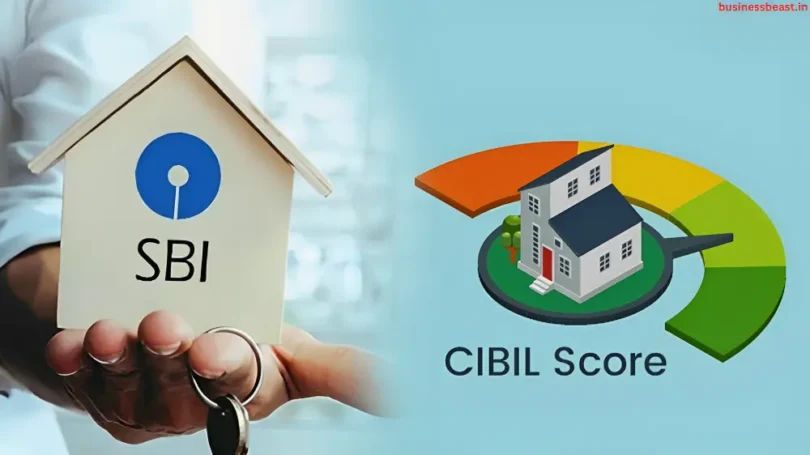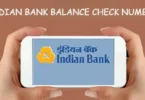When it comes to financial credibility in India, the CIBIL score is the most significant factor—especially from the standpoint of lenders. The State Bank of India (SBI), one of the biggest and most reputable banks in the country, primarily uses the SBI CIBIL Score to determine a person’s creditworthiness.
What Constitutes a Good SBI CIBIL Score?
The CIBIL score is a three-digit credit score that falls between 300 and 900 and is a component of the complete credit report that CIBIL creates. An application for a credit card or loan will be approved more quickly if your CIBIL score is 750 or higher.
If you meet the additional requirements the lender sets for credit card eligibility, you may still be able to get your credit card approved even with a CIBIL score between 550 and 749, which is regarded as a medium score with some risk to the lender. A borrower who has not exercised financial discipline and whose score is less than 550 is considered high-risk and may continue to miss payments. With a score like that, SBI won’t approve your credit card.
Your chances of having an SBI Credit Card approved quickly and easily with better terms—such as a higher credit limit or a lower interest rate—increase with your CIBIL score.
What Are the Advantages of a Good SBI CIBIL Score?
- Qualification for exclusive SBI credit cards with alluring deals
- The credit card user would have more money to spend if a higher credit limit was approved.
- There would be a relatively low interest rate.
- Getting approved for an SBI credit card or another SBI credit card is simple.
- In order to apply for additional credit cards or loans in the future, applicants for credit cards should maintain a better relationship with their bank.
CIBIL Score Required for SBI Personal Loan
A personal loan is an unsecured loan for which the borrower is not required to provide the bank with any security or collateral. Since there is no security or collateral involved, banks and NBFCs taking the loan application carry a significant risk. The bank uses your SBI credit score as one of its evaluation criteria when determining your creditworthiness and repayment history for personal loans.
If borrowers don’t pay back the loan on time, they face severe consequences and see a sharp decline in their CIBIL score, which practically eliminates them from future eligibility for credit products. Additionally, this serves as a deterrent for borrowers, who make every effort to return the loan on schedule. Consequently, making loan payments on time is advantageous since it raises credit scores.
A CIBIL score of 750 or higher is thought to be favorable for loan approval in the case of SBI personal loans. It is important to note, though, that SBI rarely provides the precise CIBIL score range needed for loan approvals. This is mostly because every application is unique and because there are numerous other factors that affect the approval process.
Higher CIBIL scores are preferred by the bank over lower scores for SBI personal loans because of the increased risk involved. You have a very good chance of getting a loan approved even if your CIBIL score is between 700 and 750, or as close to 900, if all other requirements are met.
Factors that Affect the SBI CIBIL Score
- Any unpaid debt, etc.
- Duration of your credit record
- Mistakes in your CIBIL assessment
- Making only the bare minimum payment due
- requesting several credit reports in quick succession
- Missed or delayed loan Credit card payments or EMIs
How Does SBI Interpret Your Creditworthiness?
Not only do you have excellent credit, but you also handle credit products with discipline and have well-managed your credit. When determining your creditworthiness, you would be categorized as low-risk, making the bank view you as a preferred borrower. Additionally, you might receive a fast approval for a loan with a reasonable interest rate.
A low CIBIL score suggests poor money management, which could lead to the denial of your loan application. It also has an impact on your creditworthiness, and there’s a good chance you won’t pay back the loan. If the bank determines that you are unable to repay the loan, your application will be denied. In these situations, you might receive a loan with exorbitant interest rates or your loan application will be denied.








Leave a Comment